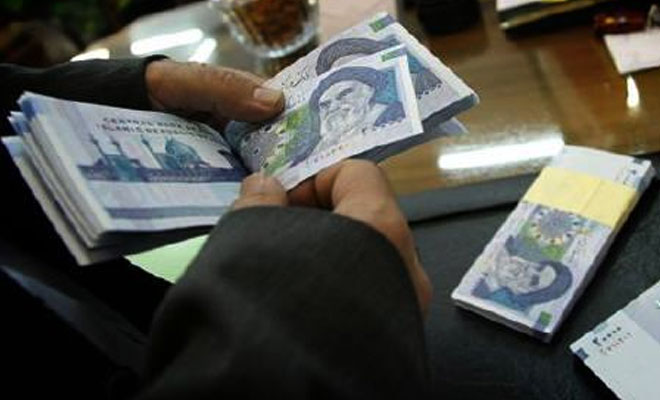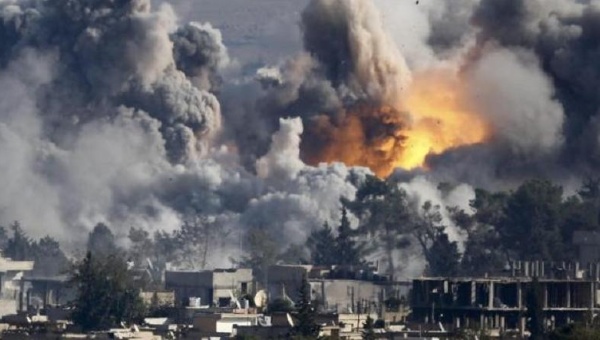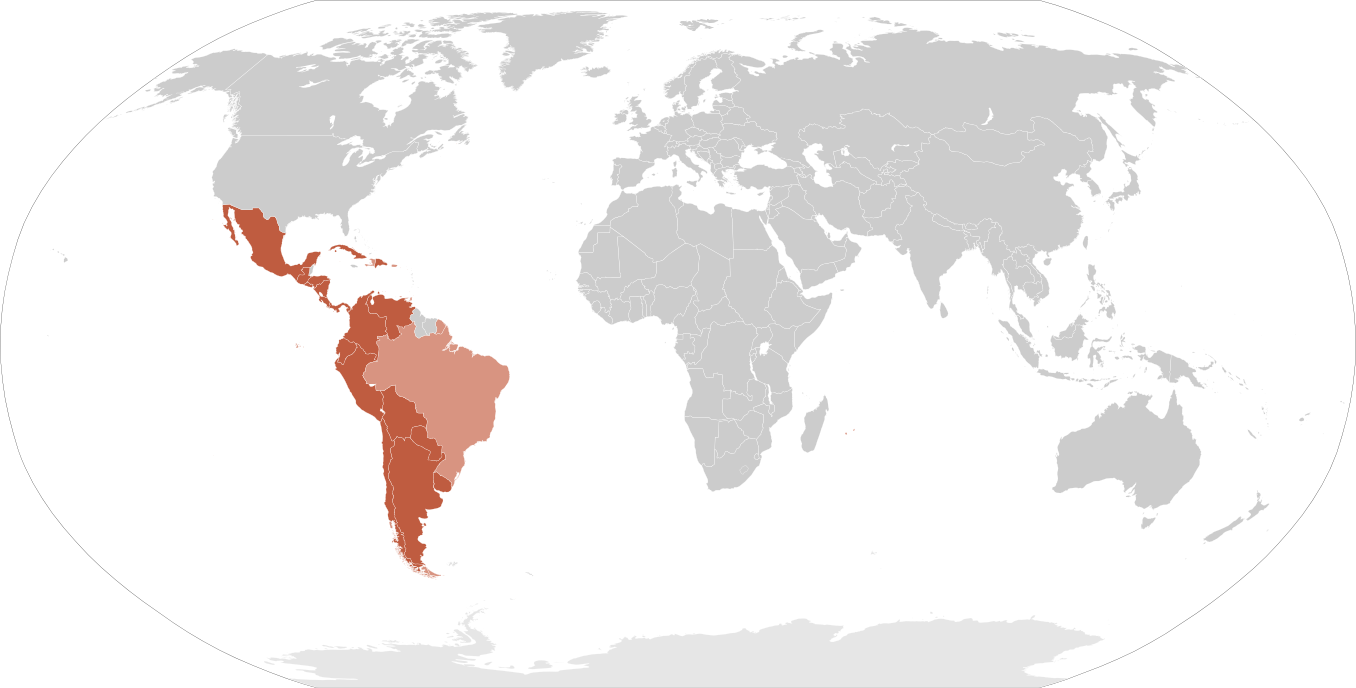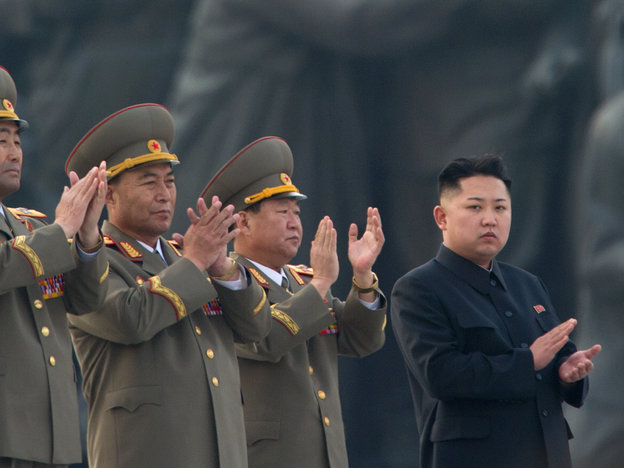Recently, in response to Russian interference in Ukrainian politics and its abrupt occupation and annexation of the Crimean peninsula, the United States imposed sanctions on Russian government officials and businesses. These sanctions include freezing bank accounts and blocking travel. Meanwhile, as the United States and Iran negotiate over the future of Iran’s nuclear program, American sanctions continue to punish and isolate the Iranian economy. For some, well-constructed sanctions are seen as a ‘magic bullet,’ a way of exercising American power without the complications of military force.
Blockades, embargoes, and other forms of sanctions are one of the key instruments of modern foreign policy. They are meant to push countries to change their international behavior by creating economic and internal political pressure against the regime, or even leading to the collapse of the regime in question. They fall in a grey area between peaceful diplomacy and war; they rely on the threat of force, but do not generally lead to open warfare. Sanctions have evolved over time, and are one of the oldest tools of statecraft in existence. While some argue that these measures are unproductive, others see them as measured and effective means of creating change on the international stage.

The most basic form of economic sanction is the blockade. This involves using military force to prevent goods from entering or exiting the country in question until they agree to particular demands from the blockading party. As large-scale cargo is usually transported by sea, blockades tend to be a largely naval affair. A well-enforced blockade can cripple a country’s economy and even leave its people starving to death. For that reason, the creation of a blockade is considered an act of war, and has sparked conflicts in the past. The high stakes and elevated likelihood of war means that blockades are generally restricted to the most dire circumstances, or are used as a tool of war in an already active conflict.
Meanwhile, embargoes and sanctions, while they can involve blockades as an enforcement tool, refer to bans or restrictions on commerce with another country. For example, embargoes usually only require individuals or companies from the country instituting the policy to follow it, and can be either partial or total in nature. Partial embargoes usually are based on sensitive items such as arms, while full embargoes include all commerce. For example, the United States, once Cuba’s largest trade partner, has placed a full embargo on Cuba since 1962, which includes food and medicine. Less intense restrictions include tariffs and non-tariff barriers to trade; these tend to be used in dealing with trade disputes rather than potential armed conflict.
While full embargoes or comprehensive sanctions are generally good at making countries suffer economically, they have complications that limit their effectiveness. Because sanctions are often quite harsh, it can be difficult to attract international cooperation in implementing them. For example, while the United States continues to embargo Cuba, the island is able to import from many other countries, including Canada, which undermines the effectiveness of American sanctions. As well, other states or smugglers can bypass embargoes if they are not enforced with a blockade, which could lead to an escalation in conflict. This is especially true for a country’s elites, who are often the least affected by comprehensive sanctions due to their political and economic power. Finally, harsh sanctions can rally a country’s population around their regime and against the enemy, rather than undermine the regime from within.

In more recent years, targeted or ‘smart’ economic sanctions have become the primary form of this policy tool. These sanctions are usually aimed at individuals, companies or sectors that benefit the elite of the targeted country, while only indirectly affecting the broader population. They include bans on travel or business as well as asset seizures from individuals and firms tied to the regime, as well as targeted bans on commerce with certain strategic sectors of the economy, such as banks. Iran is often put forward as an example of effective targeted sanctions, with years of restrictions on trade with firms linked to Iran’s oil and gas sector, banks, and military slowing down their nuclear program and pushing them to the negotiating table.
Targeted sanctions avoid some of the disadvantages of comprehensive sanctions: they do not punish a whole population for the sins of their leadership; it may be easer to gain international cooperation in their implementation; and they specifically put pressure on the political elite rather than rally the people around their regime. However, targeted sanctions have disadvantages. They are usually less effective, as they do not create as much general economic pressure and, due to their complexity, can be difficult to enforce even for developed countries. While sanctions on Iran have been arguably effective in their goal, they have also crippled Iran’s economy, making them act more like comprehensive sanctions than targeted ones. More specific and ‘smart’ sanctions, such as those against members of the Russian government, have not proved particularly effective in dissuading Russian aggression in Ukraine.
Sanctions and blockades are a messy business, and they can often be nearly as harmful as a war. Yet, when they are structured to avoid these harms, they are, as Dan Drezner notes, destined to be “noble failures”, signaling a political position rather than effectively influencing decision-making by hostile states. For this reason, sanctions should be seen as a realistic tool in the toolbox, rather than a panacea for poor international behavior.




